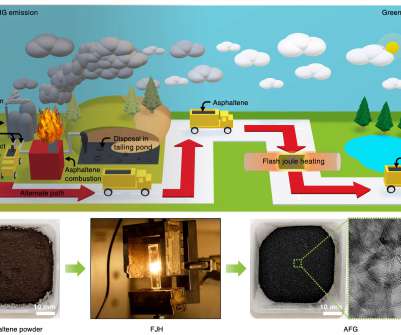U Kentucky CAER receives $1M for carbon fiber research
Green Car Congress
JULY 2, 2017
The University of Kentucky Center for Applied Energy Research (CAER) received a $1 million U.S. Department of Energy (DOE) grant to continue their research in developing low-cost, high-strength carbon fiber. The center is home to the largest carbon fiber spinline at any university in North America.






















Let's personalize your content